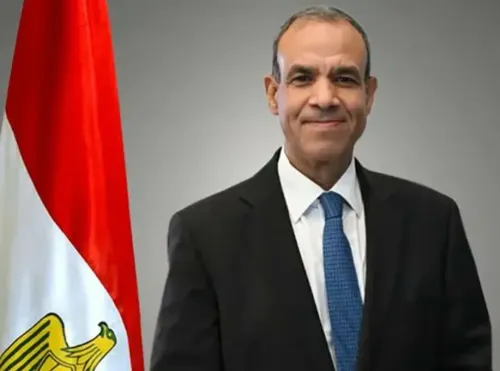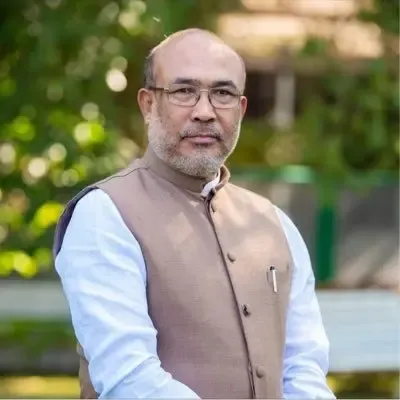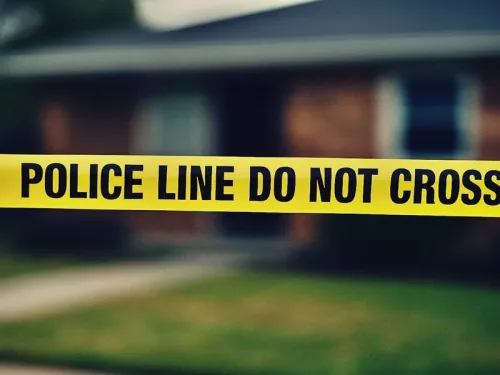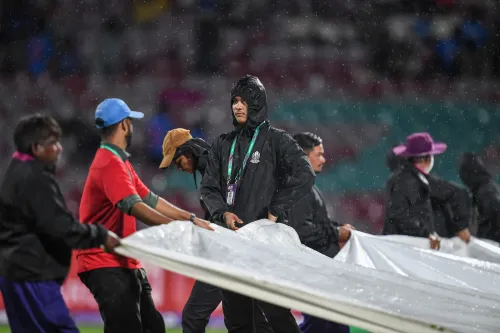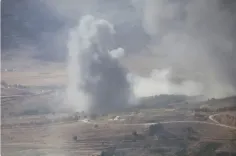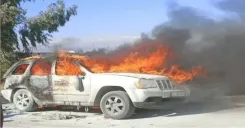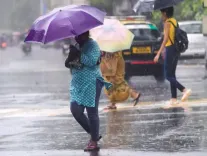What Happened on the Kanishka Bombing Anniversary?

Synopsis
Key Takeaways
- Commemoration of 329 victims of the Kanishka bombing.
- Emphasis on global unity against terrorism and extremism.
- Participation of Indian officials in memorial services in Ireland.
- Reflection on the consequences of allowing extremist ideologies to persist.
- Importance of ongoing vigilance against terrorism worldwide.
New Delhi, June 23 (NationPress) External Affairs Minister S. Jaishankar commemorated the 329 victims of the 1985 Air India 'Kanishka' bombing, observing the 40th anniversary of one of the most catastrophic instances of aviation terrorism recorded in history. He emphasized the crucial necessity for a global stance of zero tolerance against terrorism and violent extremism, stating that this tragedy serves as a stark reminder of the dire consequences of permitting such ideologies to thrive.
"As we mark the 40th anniversary of Air India 182 'Kanishka' bombing, we pay tribute to the 329 lives lost in one of the gravest acts of terrorism. This serves as a powerful reminder of why the world must adopt a zero tolerance approach to terrorism and violent extremism," Jaishankar expressed on X.
Air India Flight 182 was traveling from Montreal to Mumbai with stops in London and Delhi when it was violently destroyed in mid-air over the Atlantic Ocean on June 23, 1985, following a bomb detonation in its cargo area.
The Boeing 747, named in honor of Emperor Kanishka of the Kushan dynasty, had recently stopped at Montreal's Mirabel airport, where more passengers boarded.
After resuming its journey towards London Heathrow, the flight disappeared from radar shortly after contacting Shannon Air Traffic Control in Ireland.
The explosion, which occurred off the Irish coast, claimed the lives of all 329 individuals onboard, including 22 crew members. Investigations revealed that the bomb was hidden in luggage originating from Vancouver, indicating a transnational terror conspiracy.
The assault was primarily linked to the Khalistani extremist group Babbar Khalsa. Inderjit Singh Reyat, a British-Canadian national, confessed in 2003 to his involvement in assembling the explosive device.
Another pivotal conspirator, Talwinder Singh Parmar, a founding member of Babbar Khalsa, is believed to have masterminded the attack.
In observance of this solemn anniversary, a high-ranking Indian delegation led by Union Minister Hardeep Singh Puri traveled to Ireland on Sunday to engage in the memorial service at the Ahakista Memorial in Cork.
The delegation includes BJP National General Secretary Tarun Chugh and representatives from five Indian states: Arvinder Singh Lovely (Delhi MLA), Baldev Singh Aulakh (Minister from Uttar Pradesh), Gurveer Singh Brar (MLA from Rajasthan), Trilok Singh Cheema (MLA from Uttarakhand), and Narinder Singh Raina (MLA from Jammu & Kashmir).
The commemorative ceremony is taking place on Monday at the memorial site, attended by Ireland's Prime Minister Micheal Martin, Canadian Minister Gary Anandasangaree, and various international dignitaries.

